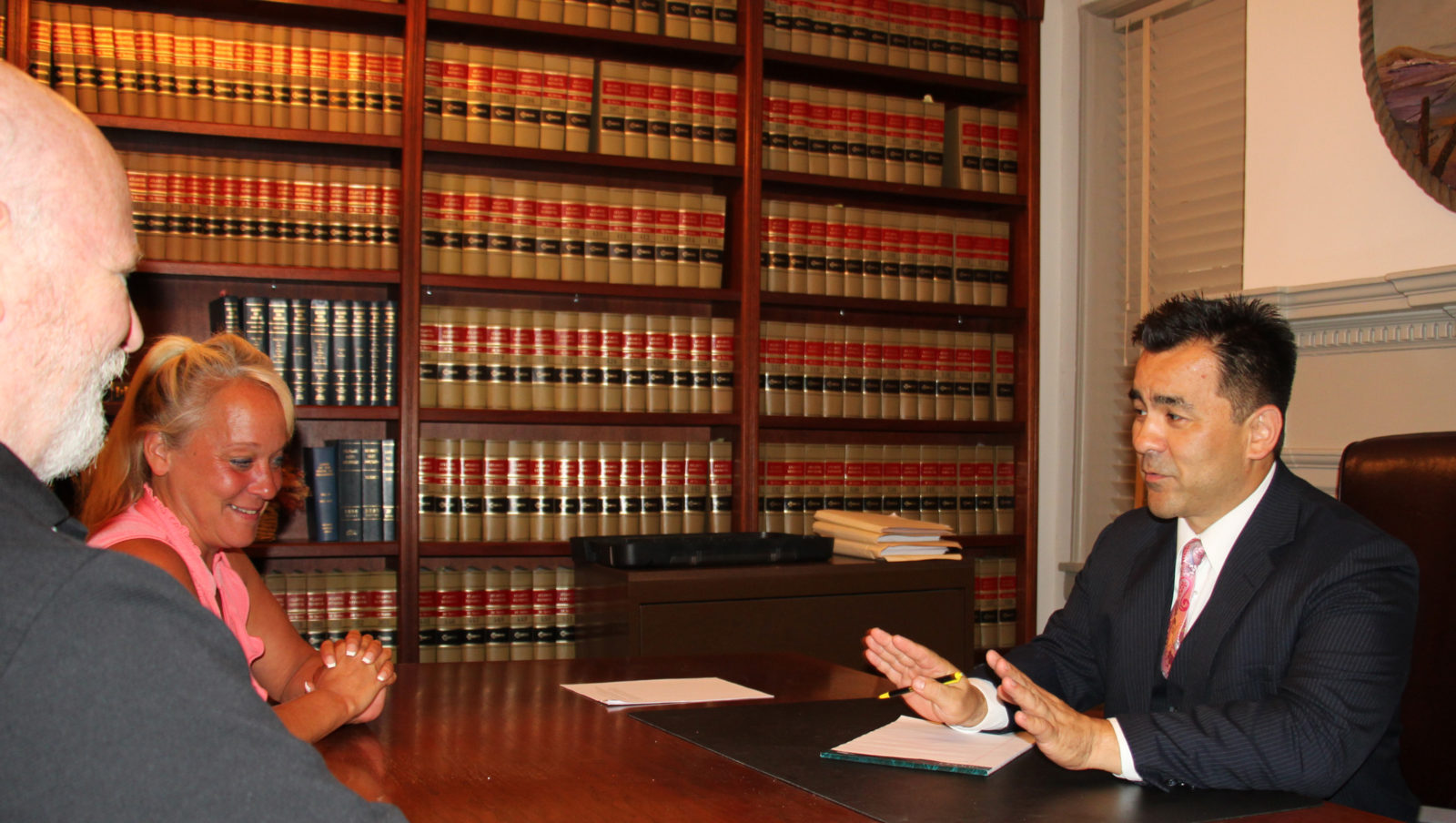WORKPLACE RETALIATION ATTORNEY
Retaliation happens when an employee is punished for engaging in a legally protected activity, usually complaining about discrimination. Examples of retaliation including, firing, reduction in pay, discipline, or reassignment to a less prestigious position. But retaliation can also be subtler. The circumstances of each situation must be carefully considered. The bottom line: as long as the employer's adverse action would deter a reasonable person in the situation from making a complaint, it constitutes illegal retaliation.
Employees are commonly retaliated against for complaining about discrimination. Retaliation is unique because even if the complaint of discrimination is unable to be substantiated, an employee is still protected from retaliation for making that complaint. The law seeks prevent a “chilling effect” by protecting workers from retaliation.
Similar to discrimination claims, all retaliation complaints are unique and must be carefully analyzed to know what steps to take. Be sure to document and keep a record of all relevant documents and complaints. Often if it isn’t written down contemporaneously, it is easy for an employer to deny it existed.
Early strategizing to counter retaliation is key. If you suspect retaliation, call my office and set up an appointment for a consultation as soon as possible.



